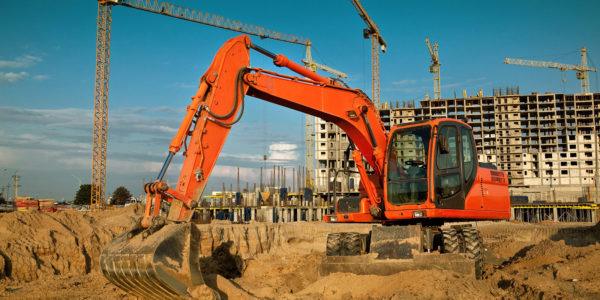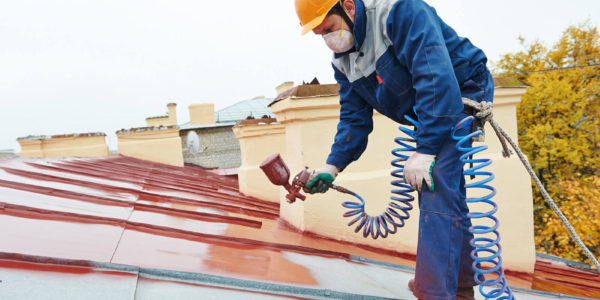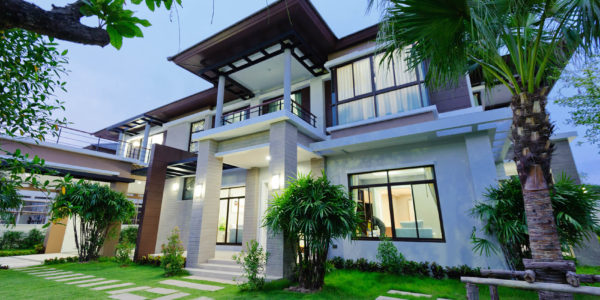
Service Brochure

An overview of our construction services from Construction Management, Design-build, General Contracting to Small Jobs and Service Work
Fire Alarm System
Installs, repairs, and inspects smoke and fire suppressions systems; inspects tests, and repairs
firealarm wiring, fire alarm panels and peripheral equipment. Identifies hazards, defects, and the
need for adjustment or repair.
Inspects, repair or replace smoke/heat detectors and sprinkler heads; repair and test dry/wet
systems; tests fire alarm systems using appropriate diagnostic programs and equipment.
Performs tests on fire pumps and standpipe systems.
Ensures that work is in accordance with relevant codes.
Performs other general building maintenance as assigned
Power Distributing System
As a power distribution engineer, your primary responsibilities involve the design and maintenance of electrical distribution systems. Your duties include developing site electrical procedures, providing technical guidance for wiring systems, overseeing an electrical system operation from start to finish, ensuring applications meet regulation standards, and providing technical support to various personnel. You typically also develop project timelines and programming reports, estimate costs, define testing criteria, and help implement new engineering methods. You also interface with vendors, utility companies, consultants, and external contractors to oversee installations and equipment maintenance.
Power Generating System
- Control power-generating equipment, which may use any one type of fuel, such as coal, nuclear power, or natural gas
- Read charts, meters, and gauges to monitor voltage and electricity flows
- Check equipment and indicators to detect evidence of operating problems
- Adjust controls to regulate the flow of power
- Start or stop generators, turbines, and other equipment as necessary
electricity is one of our nation’s most vital resources. Power plant operators, distributors, and dispatchers control power plants and the flow of electricity from plants to substations, which distribute electricity to businesses, homes, and factories. Electricity is generated from many sources, including coal, gas, nuclear energy, hydroelectric energy (from water sources), wind, and solar power.
Lighting System
Lighting technicians set up and control lighting equipment for live television broadcasts, recorded television shows, motion pictures, and video productions. They begin by consulting with the production director and technical director to determine the types of lighting and special effects that are needed. Working with spot and flood lights, mercury-vapor lamps, white and colored lights, reflectors (mainly employed out-of-doors), and a large array of dimming, masking, and switching controls, they light scenes to be broadcast or recorded. Lighting technicians are sometimes known as assistant chief set electricians or lights operators.





